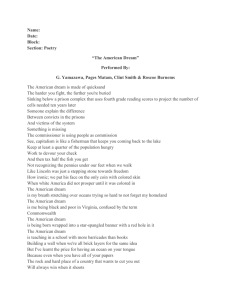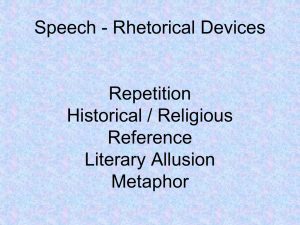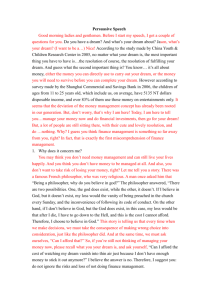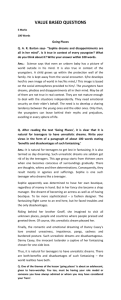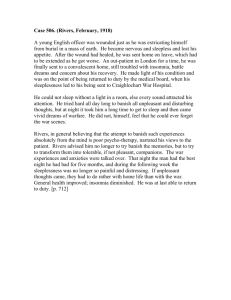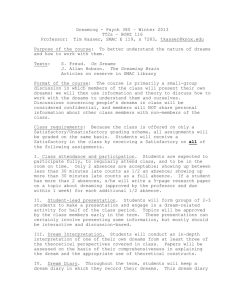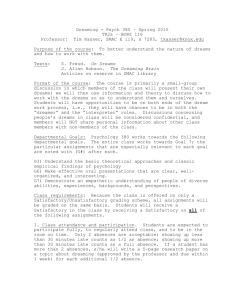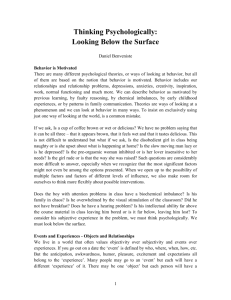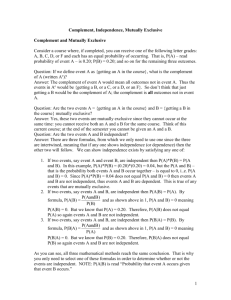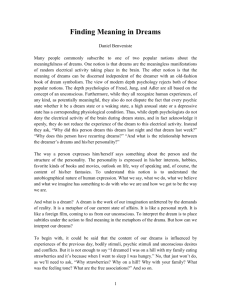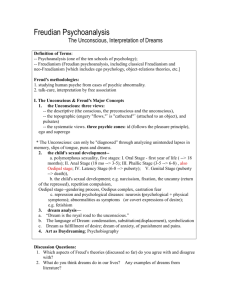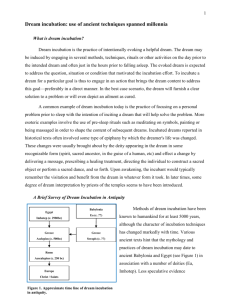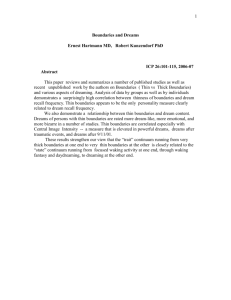21 Dreams and Potential - City of Greater Geelong
advertisement
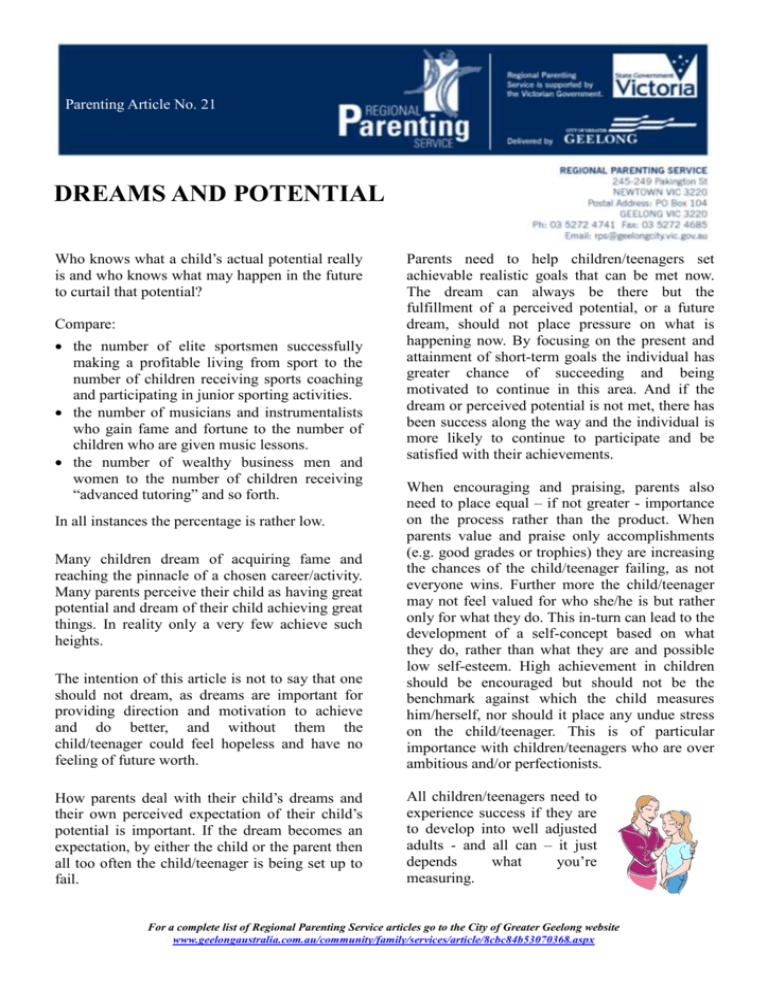
Parenting Article No. 21 DREAMS AND POTENTIAL Who knows what a child’s actual potential really is and who knows what may happen in the future to curtail that potential? Compare: the number of elite sportsmen successfully making a profitable living from sport to the number of children receiving sports coaching and participating in junior sporting activities. the number of musicians and instrumentalists who gain fame and fortune to the number of children who are given music lessons. the number of wealthy business men and women to the number of children receiving “advanced tutoring” and so forth. Parents need to help children/teenagers set achievable realistic goals that can be met now. The dream can always be there but the fulfillment of a perceived potential, or a future dream, should not place pressure on what is happening now. By focusing on the present and attainment of short-term goals the individual has greater chance of succeeding and being motivated to continue in this area. And if the dream or perceived potential is not met, there has been success along the way and the individual is more likely to continue to participate and be satisfied with their achievements. The intention of this article is not to say that one should not dream, as dreams are important for providing direction and motivation to achieve and do better, and without them the child/teenager could feel hopeless and have no feeling of future worth. When encouraging and praising, parents also need to place equal – if not greater - importance on the process rather than the product. When parents value and praise only accomplishments (e.g. good grades or trophies) they are increasing the chances of the child/teenager failing, as not everyone wins. Further more the child/teenager may not feel valued for who she/he is but rather only for what they do. This in-turn can lead to the development of a self-concept based on what they do, rather than what they are and possible low self-esteem. High achievement in children should be encouraged but should not be the benchmark against which the child measures him/herself, nor should it place any undue stress on the child/teenager. This is of particular importance with children/teenagers who are over ambitious and/or perfectionists. How parents deal with their child’s dreams and their own perceived expectation of their child’s potential is important. If the dream becomes an expectation, by either the child or the parent then all too often the child/teenager is being set up to fail. All children/teenagers need to experience success if they are to develop into well adjusted adults - and all can – it just depends what you’re measuring. In all instances the percentage is rather low. Many children dream of acquiring fame and reaching the pinnacle of a chosen career/activity. Many parents perceive their child as having great potential and dream of their child achieving great things. In reality only a very few achieve such heights. For a complete list of Regional Parenting Service articles go to the City of Greater Geelong website www.geelongaustralia.com.au/community/family/services/article/8cbc84b53070368.aspx

